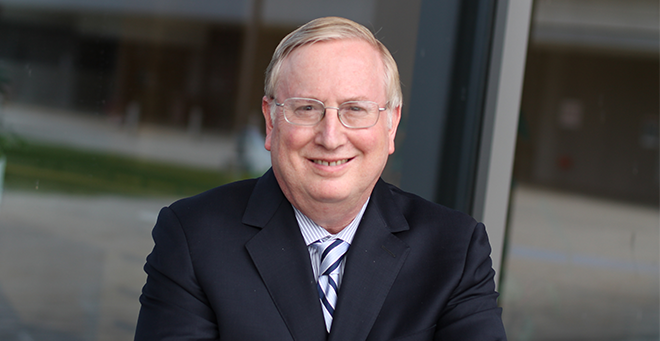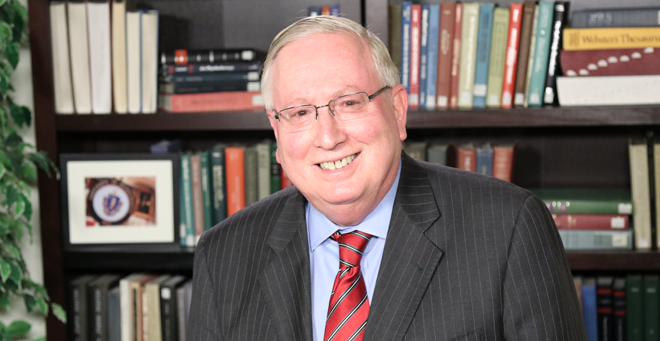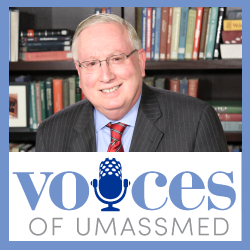The Center for Psychopharmacologic Research and Treatment at UMass Chan Medical School will be part of a Phase III multicenter trial to evaluate the effectiveness of psilocybin for treatment-resistant depression.

Anthony Rothschild, MD, the Irving S. and Betty Brudnick Chair in Psychiatry, professor of psychiatry and vice chair of research for the Department of Psychiatry, will lead the study at UMass Chan. Dr. Rothschild is interested in studying new treatments for depression, particularly treatment-resistant depression, a term used to describe patients with depression who have symptoms that don’t respond to multiple antidepressant medications.
“Psilocybin could provide an option for people who have not derived benefit from the current treatments that are on the market,” he said.
The hallucinogenic compound psilocybin is a tryptamine alkaloid found in more than 100 species of mushrooms. Psilocybin therapy combines the pharmacological effects of psilocybin with psychological support.
The Phase III trial is sponsored by Compass Pathways, a biotechnology company that has developed a proprietary formulation of synthetic psilocybin, COMP360, that is administered in a clinical environment in conjunction with psychological support. UMass Chan will be the only dosing site in New England to host the study. The trial is expected to start in January and will last approximately 62 weeks, including a three- to 10-week screening period. Rothschild said he anticipates enrolling at least 20 people in the study at UMass Chan.
“As a researcher on this study, I will learn how to provide psilocybin and if the drug were to get approved by the FDA, I would know how to set it up as a clinical option for people in the Worcester area who are suffering from treatment-resistant depression,” Rothschild said.
The trial will comprise three parts: randomized treatment (psilocybin vs. placebo), rerandomization (psilocybin vs. placebo) and open-label treatment with psilocybin. The dosing sessions will be preceded by several preparatory sessions with a therapist.
The process of the psilocybin dosing takes place over three days, starting with a predosing therapy session, followed by a six-to-eight-hour dosing session with a therapist, and ending with a reintegration session. Each dosing session takes place in a controlled setting.
Sureyya Iscan, PhD, associate professor of psychiatry and associate training director of psychotherapy education, participated in the Compass Pathways’ therapist training program. An additional lead therapist and two assistant therapists will help facilitate the trial at UMass Chan.
Results of Compass Pathways’ Phase IIb trial evaluating the use of psilocybin in treatment-resistant depression were published in the New England Journal of Medicine in 2022.


